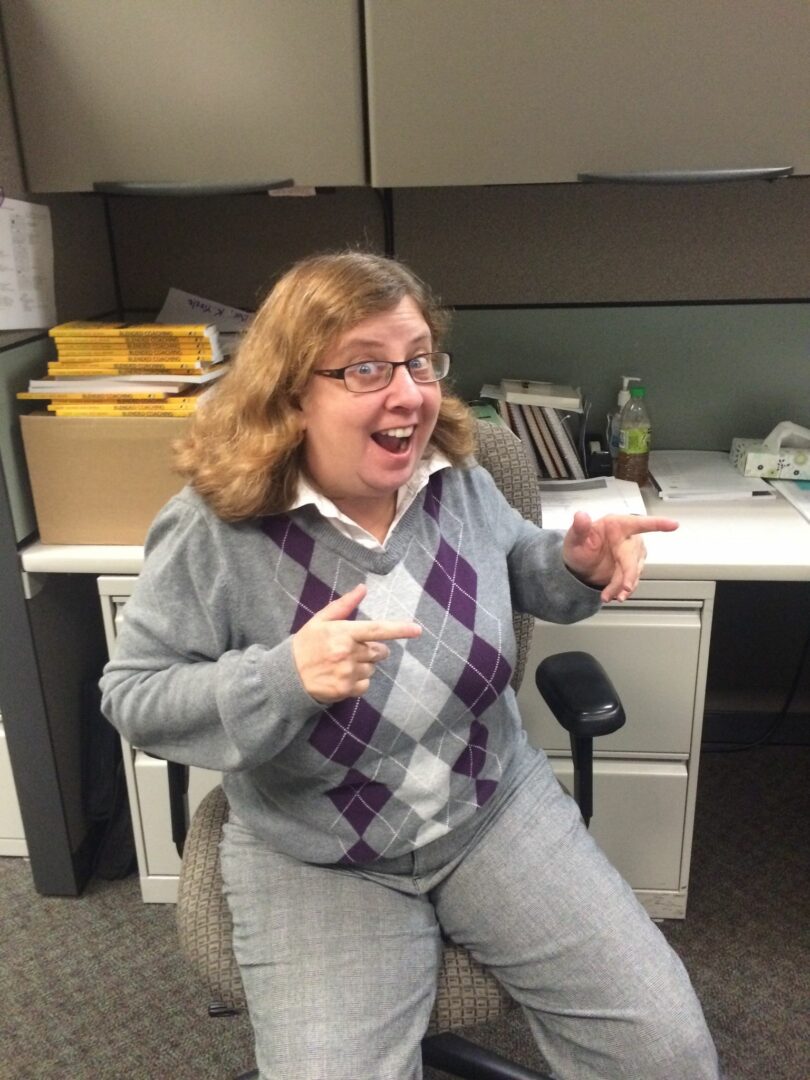Jennifer Chassman Browne shared their story and experiences with us recently and you can find our conversation below.
Hi Jennifer, thank you so much for taking time out of your busy day to share your story, experiences and insights with our readers. Let’s jump right in with an interesting one: Are you walking a path—or wandering?
There certainly have been times in my life that I’ve wandered. In saying that, I feel like there’s a belief that wandering is bad, but I think that wandering can be good and is often necessary. I think that I wander between each path that I take, and maybe to find the next one. Over the past five or six years, I’ve wandered a lot. At the same time, I’ve found and made a few paths that really enabled me to grow and learn. Right now, I have few clear paths that I’m on and work that I’m committed to doing. Because this work, and these paths are ones of my own making, I feel like I wander even when I’m on a clear path. I don’t know everything about writing a book…I don’t know everything about starting a business, so even as I move forward, I don’t expect my progress and my path to be linear or uninterrupted.
Can you briefly introduce yourself and share what makes you or your brand unique?
I’ve been an educator most of my life, teaching English and Creative Writing and working as a school leader. Over the past 7 years, I’ve worked as an educational consultant. Initially, I focused on DEI consulting, but have found growing resistance to doing this work, so about 2 years ago, I pivoted and began to focus my consulting, training, and advocacy on disability and inclusion. This is a space where my lived experience comes into play.
As a person who grew up with Juvenile Rheumatoid arthritis, this work was, in many ways, personal. When the mobility challenges caused by my arthritis became visible in my 40’s, I suddenly found myself living a life that was very different. People noticed my mobility challenges first, and made comments to me and acted differently that they had. The attention paid to my body, the pity and constant offers of unneeded help, were not comfortable for me. This made me want to find, create, and build community with others who would understand my challenges.
I have since focused my work as an educator and trainer on disability-related topics, and find that people are open to learning. I find that people respond most strongly and positively, to stories, so I make an effort to tell stories, and to encourage others to do the same.
Right now I have co-founded Disability Strong, an organization dedicated to supporting those with disabilities, empowering collaboration between and among disability organizations, and to educating those without disabilities so that we can create a more inclusive world.
I am also engaged in writing a book, “See Us, Know Us: Profiles of Disability. This work profiles 30 diverse people with disabilities, and includes a narrative biography, portrait, and poem written for each person being profiled. The profiles and poems capture the stories of each person, allowing the reader to see similarities and opportunities for connection with all people with disabilities.
Okay, so here’s a deep one: What breaks the bonds between people—and what restores them?
When we forget to listen, forget to see ourselves in each other, we lose the ability to connect. Bonds are broken between people when we forget that we all want to feel safe, to feel that we belong, and to have the opportunity to live our lives with purpose. I think that in many ways today, we are far from each other. The bonds between people have been broken, as we have lost or sense of commonality and community. When I run training sessions and workshops, I ask people to have a positive presumption, that is, to believe that people are doing their best and that we all broadly, want the same things to be present in our lives.
Focusing on differences breaks our bonds. Forgetting that we have common goals and desires breaks our bonds. Neglecting to care for others breaks our bonds. What restores these bonds involves getting to know each other and to deeply understand our common humanity. We need to stop arguing and begin to listen to each other, to find connections and to honor these connections in the way that we live as neighbors.
Was there ever a time you almost gave up?
If I’m being totally honest and vulnerable, every day I almost give up. I’ve pushed myself- a child and teenager who was so quiet and shy that she rarely spoke in public spaces-to do things that I had never dreamed about doing. I went from that painfully shy kid to an adult who stood in front of crowds of three to four hundred people and gave presentations and ran training sessions.
Even in starting my own business I came up against so many new skills that I had to learn that I often wondered if I could really do what I set out to do.
The learning curve has been so steep, that I feel constantly stretched. Growing and learning every day is hard! So there have been many times that I’ve almost given up, but I also choose each day to keep going in spite of the effort that it takes to do so.
So a lot of these questions go deep, but if you are open to it, we’ve got a few more questions that we’d love to get your take on. What are the biggest lies your industry tells itself?
In the education industry, there’s so much focus on curriculum and content. So many of the students (and the teachers too) bring really heavy realities of life with them into school and work. I think that we sometimes forget this and expect everybody to walk in the school doors ready to care about science and math. It’s not that they shouldn’t care about science and math, but we should care about them in a way that supports and equips them to be successful.
I think a lot about the word, grace. We need to give people grace, to acknowledge and address their life experiences and to provide them with the care and patience that they need to be able to take on the world.
We can’t cut people’s leg out from under them and then expect them to run.
Frankly, I think that this is true in education, and so many other industries. That said, it’s a particularly hard expectation for us to have of our children who may not have what they need to be able to be successful within the institutional structures that we’ve created. Thus, grace.
Okay, we’ve made it essentially to the end. One last question before you go. What is the story you hope people tell about you when you’re gone?
I hope that when I’m gone people enjoy and appreciate what I brought to and left in the world. The work that I’m doing now is motivated by a belief that I have something to contribute that can move people and impact their thinking and the ways that they live their lives and treat each other. I hope that people say that I left it better than I found it as a result of my contributions. I hope that these contributions bring people joy.
As an educator, I’ve loved and supported so many students and I hope that they felt that and that it made a difference for them.
I hope that when I’m gone people recognized that even in my errors and missteps, I always acted thoughtfully and did my best.
Contact Info:
- Website: https://newground.us/index.html
- Linkedin: https://www.linkedin.com/in/jennifer-chassman-browne-97768b24a/
- Facebook: https://www.facebook.com/jennifer.chassman
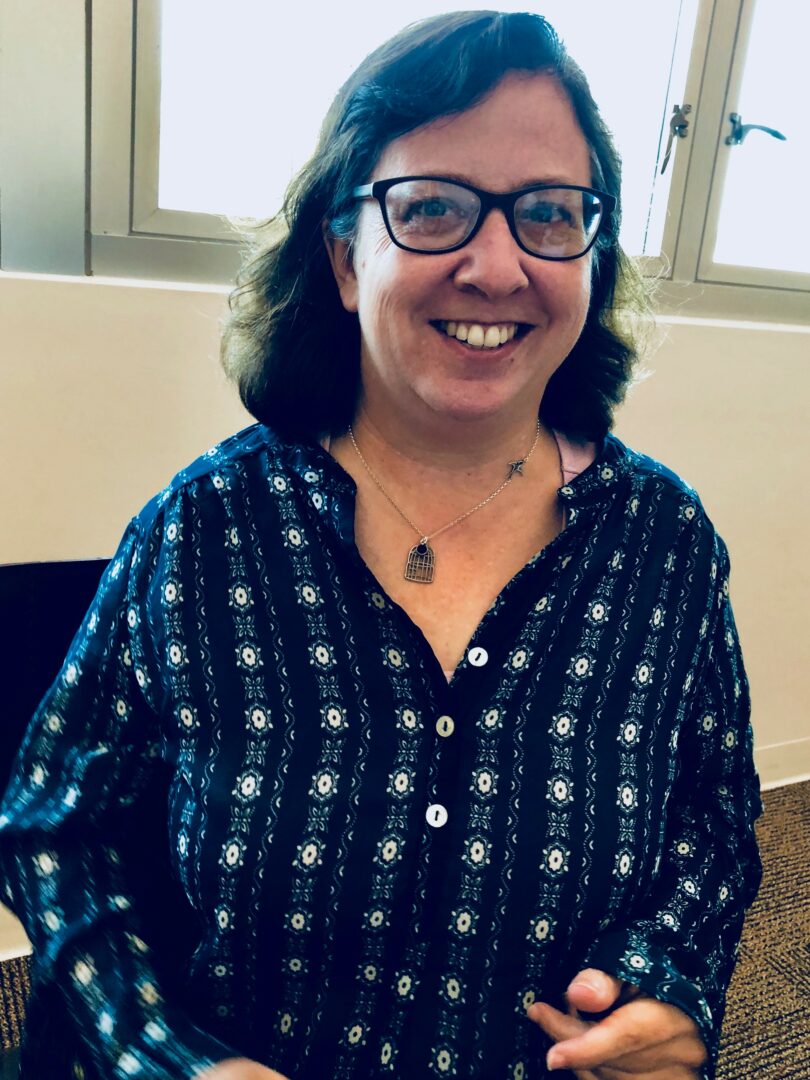

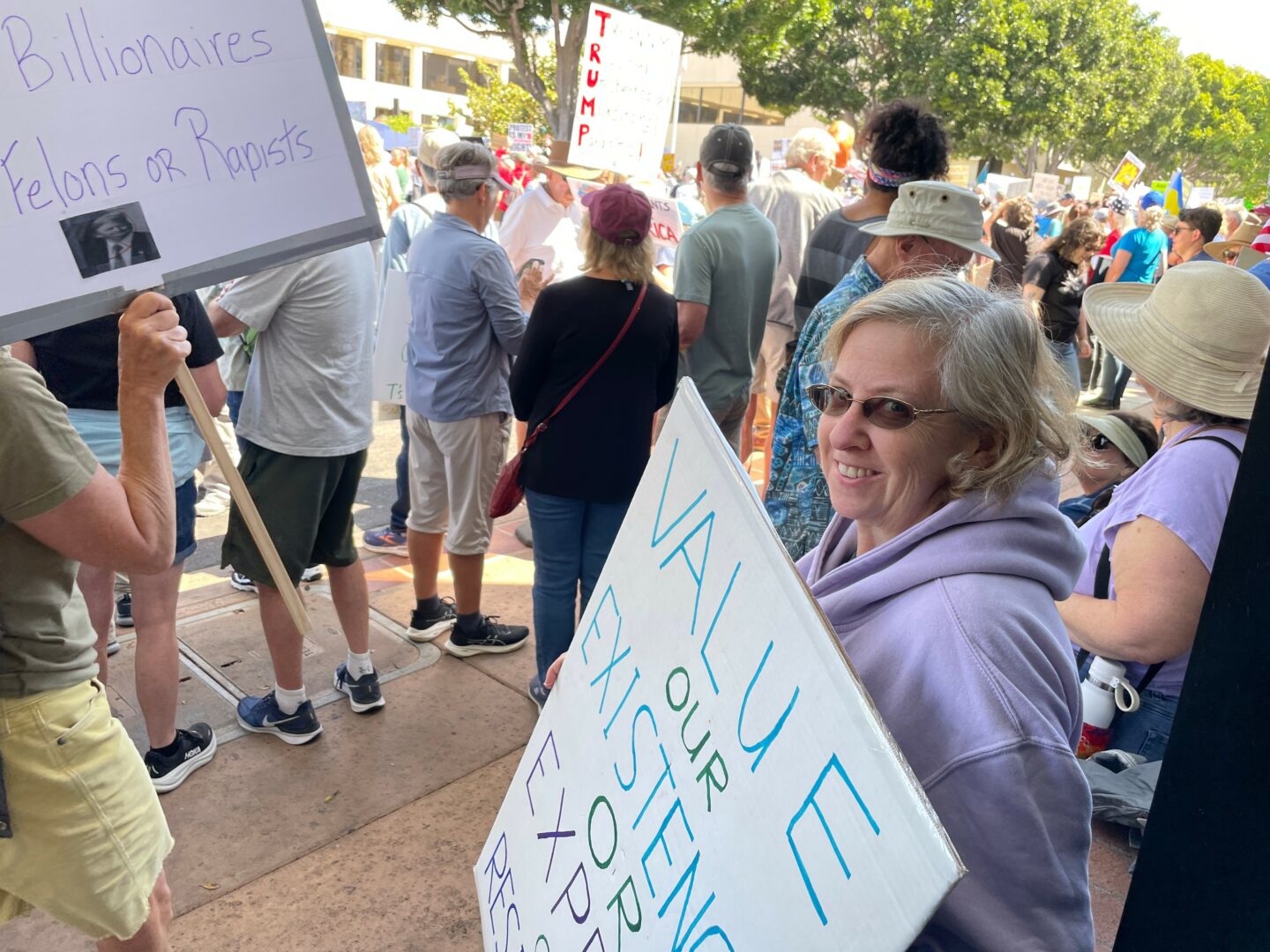
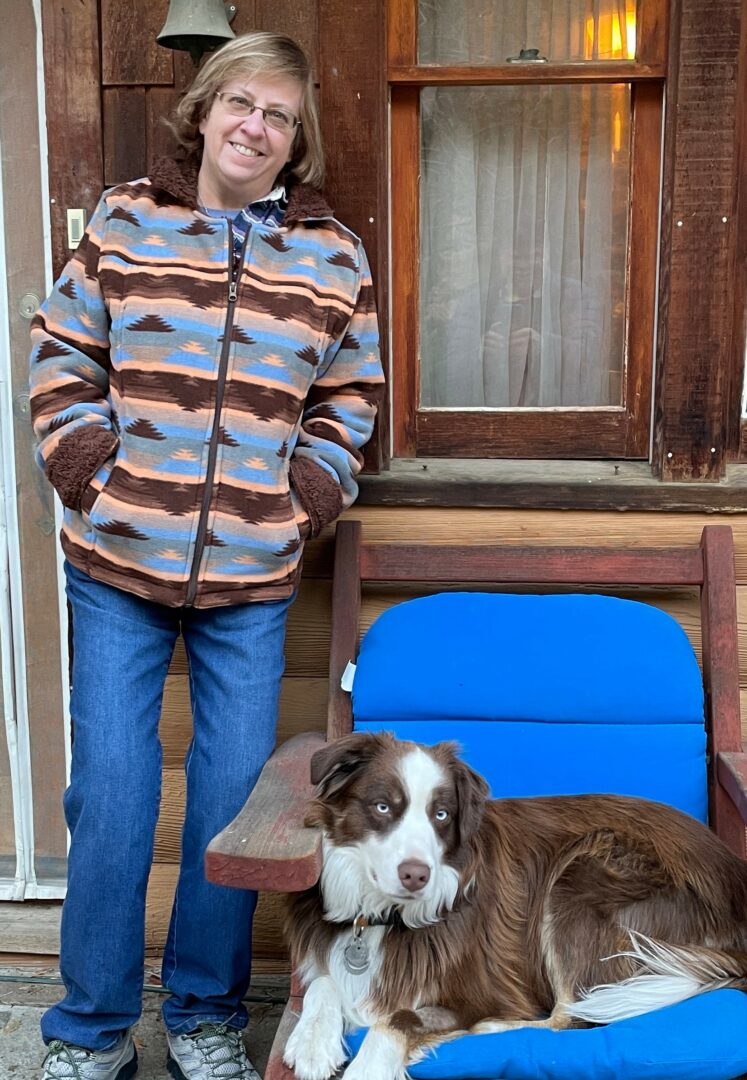
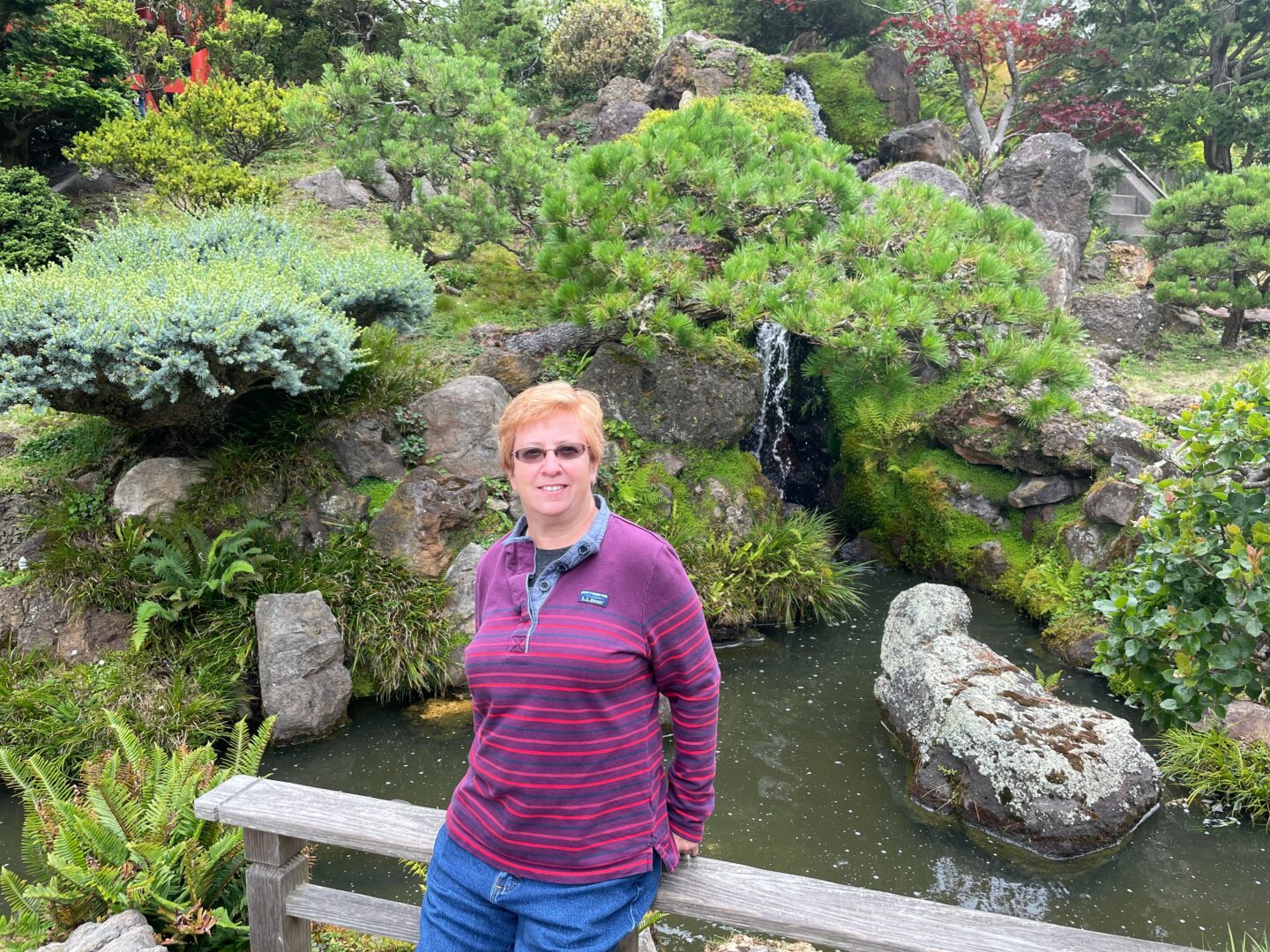
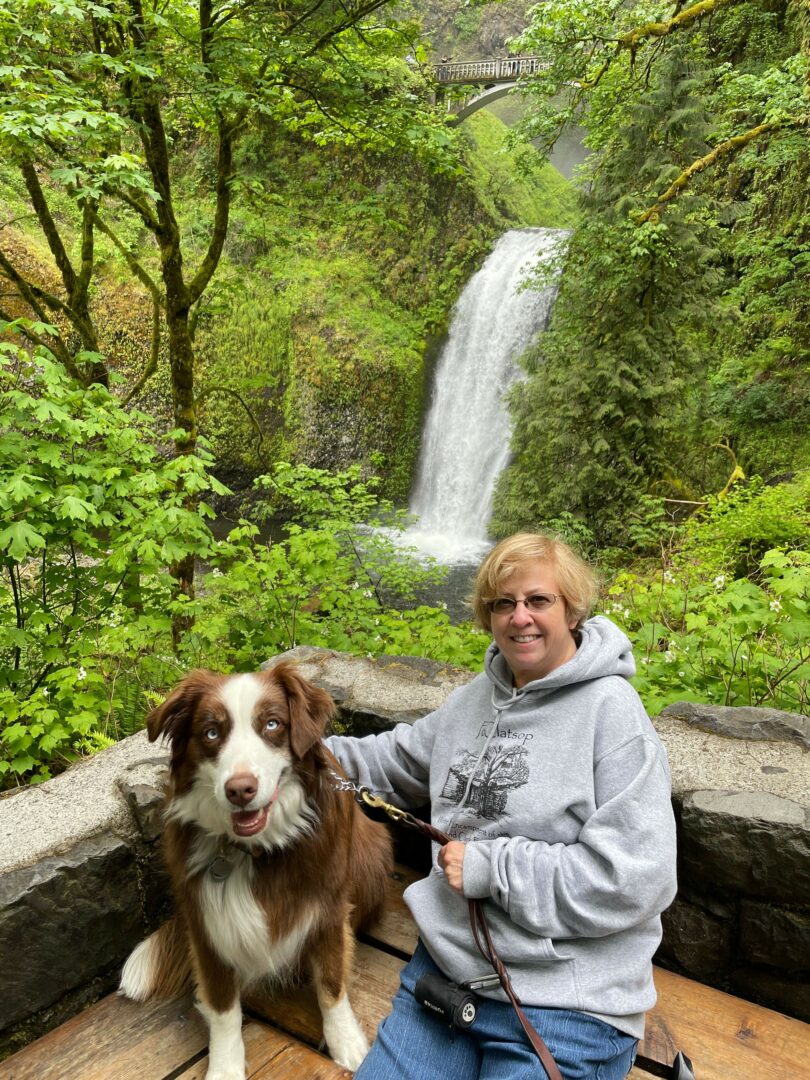
so if you or someone you know deserves recognition please let us know here.

